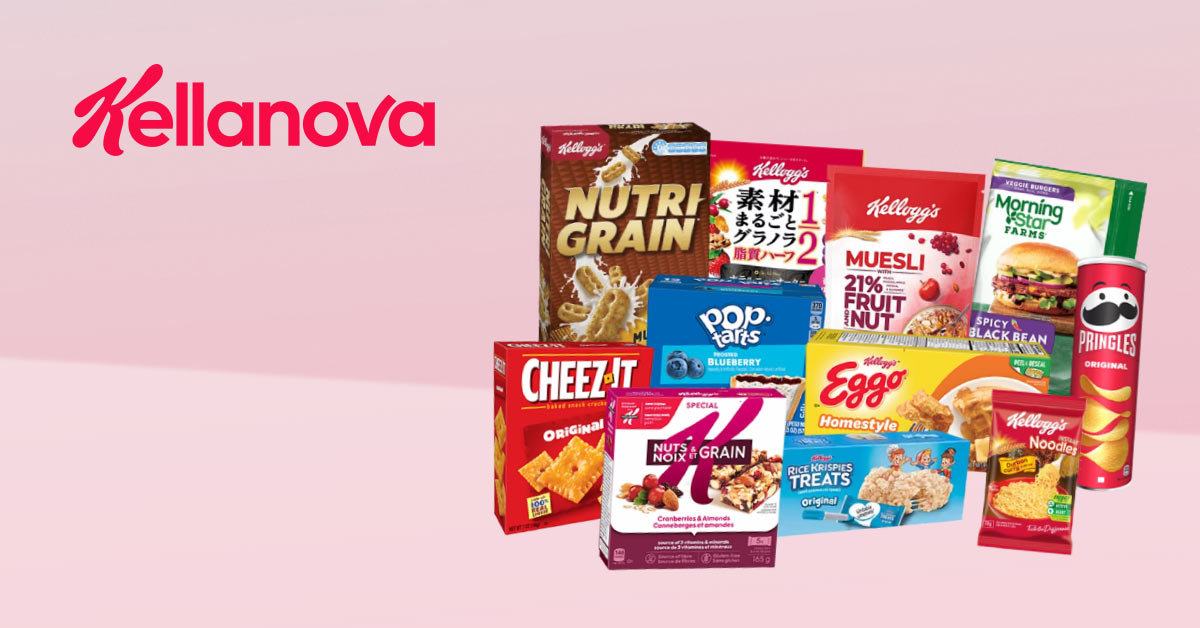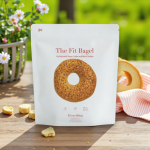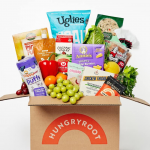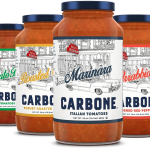Kellanova: Earnings Flat In First Report Since Corporate Split

Net sales in the quarter were $3.1 billion, rising just 0.3% compared to Q4 2022. For the full-year, sales were $13.1 billion, marking a 3.7% increase year-over-year. Operating profit was $328 million in Q4, up 27.5% above the same period last year.
“The Kellanova Era is off to a good start,” said president and CEO Steve Cahillane in prepared remarks Thursday morning. The new entity is part of Kellogg’s plan to prioritize a “more focused, more growth-oriented portfolio” in the legacy food company’s “transformational spin.”
On the whole, Kellanova posted a profit margin of 12.3% in both Q4 and FY2023. For FY2024, guidance was reported for organic net sales growth at about 3% and operating profit unchanged from previous guidance at $1.85 billion to $1.9 billion.
Company leadership announced on the call that it was commencing on two optimization projects over the course of the next three years. In North America, that will take the form of closing a frozen food production plant and moving manufacturing to a more efficient plant (details of which plant were not shared).
In Europe, plans are to increase production in its “under-utilized” U.K.-based cereal operations. Between the two projects, the optimization plan is expected to cost about $200 million over three years. The “high return projects” will drive margin expansion to around 14% to close 2024 and 15% by the end of 2026, said Kellanova vice chairman and CFO Amit Banati.
Kellanova’s North American segment — which constitutes Kellogg’s snacks and its Eggo and Morningstar frozen brands — reported a net sales decline of -1% with operating profits up 2% in the quarter. Cahillane called 2023 “a year of pullback on innovation” as it called in certain product SKUs and “focused on supply,” but the snack division is planning to launch a number of new products in 2024 compared to prior years.
“We have shifted our focus back toward demand generation,” he added. Kellanova leadership highlighted that focus in its decision to expand capacity in its Pringles brand; especially internationally.
Net sales for the year were up 8% in its European business and 16% in its Latin America market. In Kellanova’s Asia Pacific, Middle East and Africa segment, full-year sales declined 5% due to adverse foreign currency translation offsetting volume and price-mix growth.
Kellanova “returned to merchandising later than our competitors,” Cahillane conceded during the question and answer portion of the call, as the company had prioritized its supply over innovation or more aggressive marketing. Yet, despite its focus on high fill rates in stores, the company did not see any “deterioration of brand health” as a result.

















